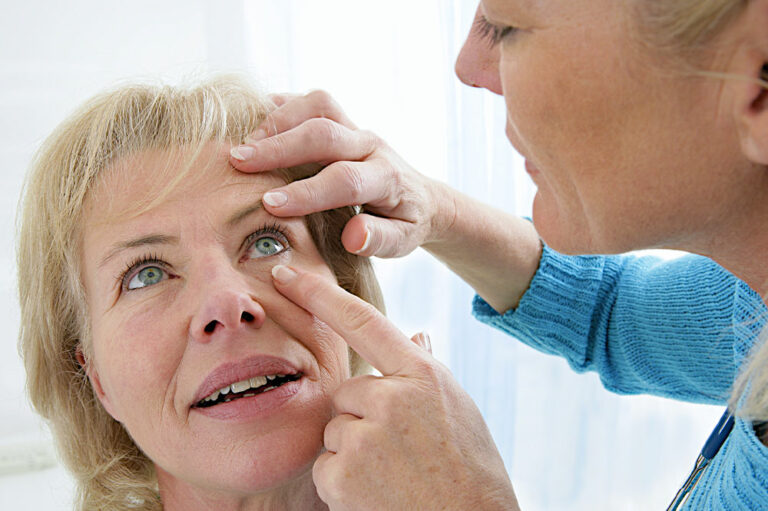
Health
9 Medical Conditions That May Trigger Severe Hair Loss
Usually, hair shedding is seen about two or three months after one develops certain illnesses. Such illnesses tend to force several hairs into simultaneously entering the telogen (shedding) phase of their lifecycle. Additionally, certain diseases are autoimmune, meaning that they can bring about aggressive immune reactions in people that cause the elimination of hair follicles and, subsequently, hair loss. Here are some common medical conditions that can trigger severe hair loss in people: Thyroid disorders Both thyroid issues, hypothyroidism and hyperthyroidism, indicative of an under-active thyroid or an over-active one, can cause hair thinning and subsequent hair fall. The thyroid gland is responsible for hormone secretion in various parts of the body. An under or over-production of such hormones can negatively affect the performance of one’s hair follicles. This results in hair fall on a premature basis. Alopecia areata One of the more common causes of hair loss is alopecia areata. “Alopecia” is a term used to denote baldness in individuals, while “areata” stands for patchy hair loss in this health condition. Hair fall in this condition occurs in small, coin-sized patches of hair. This is why, initially, one may not notice that they are steadily losing hair. This health condition falls in a list of autoimmune disorders that attack hair follicles to cause premature balding in men and women.
Read More 







